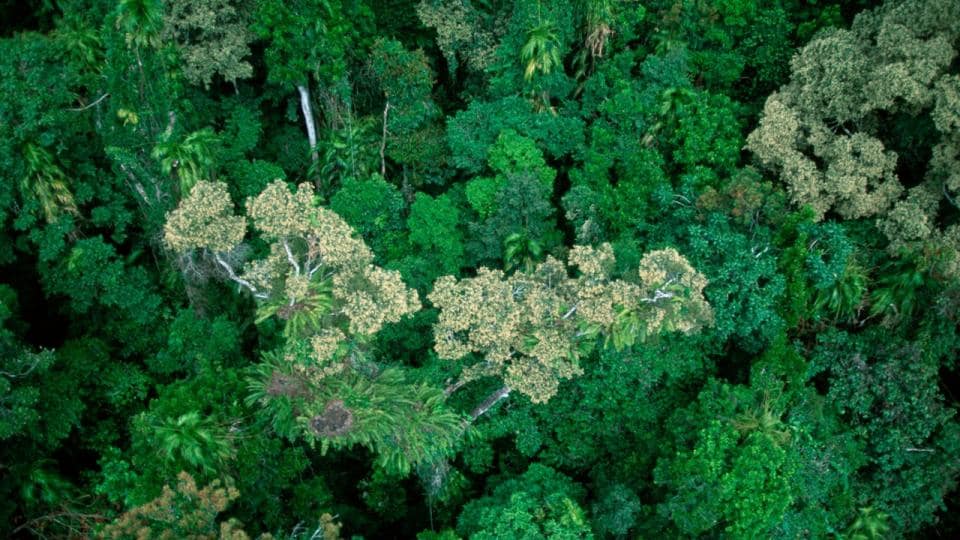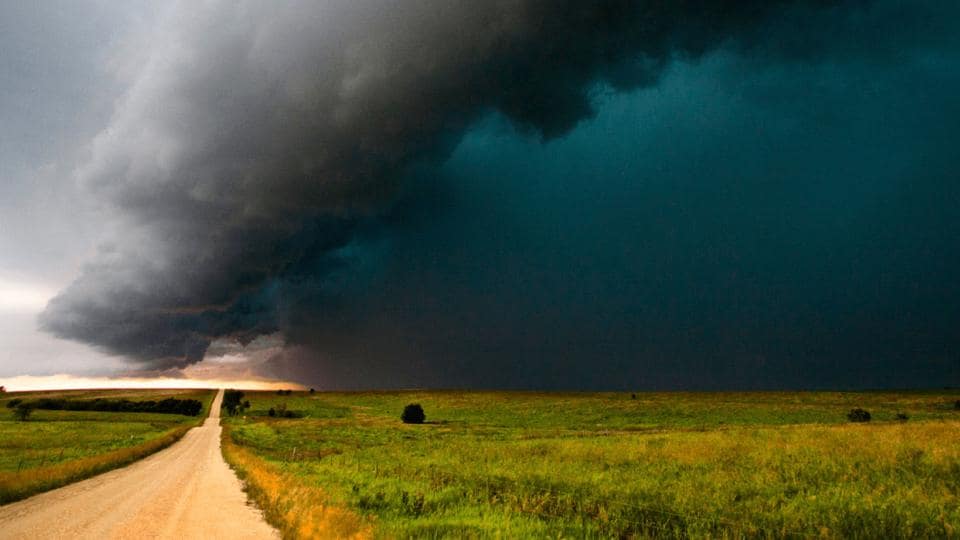Glyphosate Ban in Sri Lanka Harms Tea Farmers

Ceylon tea from Sri Lanka is known throughout the world. But when glyphosate was banned in 2015, it put tea producers there under tremendous pressure. Although the ban has since been lifted, its consequences will be felt for a long time to come.
In 2013, when Roshan Rajadurai joined Hayleys Plantations in the role of Managing Director, he had no idea what would soon await him. It wasn’t long before he found himself facing one of the most formidable challenges of his career – when the small country’s government banned use of the crop protection product glyphosate for weed control. “I can tell you the ban was not logical at all,” Rajadurai says. The consequences? Weeds overran the tea plants, robbing them of the light and water needed to thrive.
Rajadurai, 55, has a wealth of experience in his field. His university degrees include a BS in Plantation Management, a M.Sc., D.Sc. and he headed his first plantation from 1993 to 2002. A prestigious profession in a country that grows one of the best teas in the world. Hayleys, which is highly respected in Sri Lanka and has a long history in the country, exports its Ceylon tea mostly to the Middle East and Russia.

In 2016, this tea nation’s exports began to plummet. After all, the 2015 glyphosate ban severely tested its agriculture sector. Glyphosate had been used for weed control in Sri Lanka for a number of years, including on tea and rubber plantations: “In the early 1990s, the Sri Lanka Tea Research Institute recommended use of glyphosate twice a year,” says Prof. Buddhi Marambe of the Faculty of Agriculture at the University of Peradeniya, Sri Lanka. “Many weeds that proliferate on tea plantations are very difficult to remove manually. Glyphosate is an effective product for weed control.” Navin Dissanayake, Sri Lanka’s Minister of Plantation Industries, also takes a critical view of the ban: “In Sri Lanka, we have been using glyphosate for weed control for more than 20 years. That is a long time – and to date there have been no reported health hazards in connection with use of the product.”
- 1/6
- 2/6
- 3/6
- 4/6
- 5/6
- 6/6






The reason given for the ban was a hypothesis suggesting a link between use of glyphosate and kidney disease of unknow origin (CKDu) that occurs in specific areas of Sri Lanka. A hypothesis that was not proven. Researchers in Sri Lanka conducted multiple technical and medical symposium to try and determine if glyphosate was the cause of CKDu. Their conclusion is that it is not.

“It was pressure from the public that prompted the government to ban glyphosate. That ban was put into effect without any scientific basis at all,” says Prof. Marambe. And it had consequences. Harvests declined sharply in the period from 2016 to 2018. Minister Dissanayake calculates the tea industry’s resulting loss at an equivalent of more than USD 200 million. A dramatic collapse – for the entire country, as around 40 percent of Sri Lankans work in agriculture. For the companies operating the tea plantations, those years continue to have a big impact on their balance sheets. Minister Dissanayake explains the combination of factors involved: “The numbers of workers needed to remove the weeds by hand resulted in huge labor costs. And the tea plants produced less, so the yield was easily five to 10 percent lower.”
Hayleys also was hit hard by the effects of the ban. “It had a significant impact on our business,” says Roshan Rajadurai. “We use glyphosate strictly under the guidelines and conditions laid down by the Tea Research Institute of Sri Lanka (TRI). We use it only in full compliance with the law – in a 1-percent solution, two applications a year. It is in great demand here and is used at all tea plantations, and at rubber plantations. It is very safe as well as cost-efficient.” When the ban was in effect, harvest workers had to remove the weeds by hand. Instead of needing four people to weed one hectare, suddenly it took 40 workers to do the job. Manually removing the weeds caused the soil to become too loose, in turn leading to nutrients and seeds being washed away by the rain because they could not take hold in firm ground.
The ban was finally lifted in July 2018. But for the tea producers, that has not repaired the damage done. “It will definitely take at least six to 10 years for the Hayleys plantations to recover and for everything to return to normal,” says Rajadurai. The lawmakers in Sri Lanka allowed themselves to be pressured too much by public opinion. Minister Dissanayake drew a few lessons from the events in recent years: “My takeaway on this is not to make hasty decisions, but to seek consensus with our Asian neighbors when deciding if a product should be banned or not. And there must be sufficient evidence before considering a ban.”




















